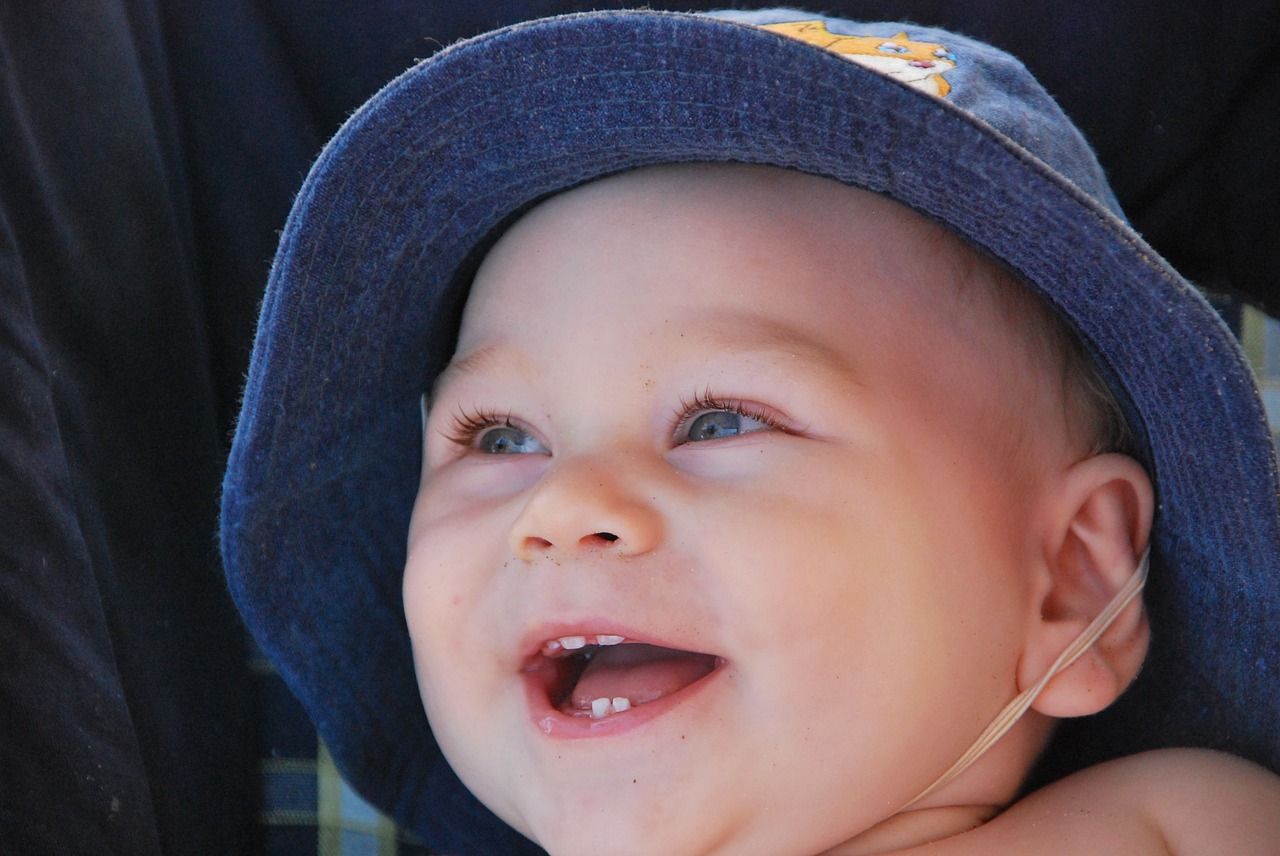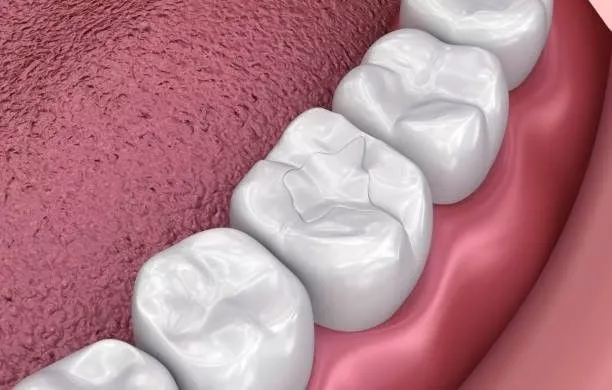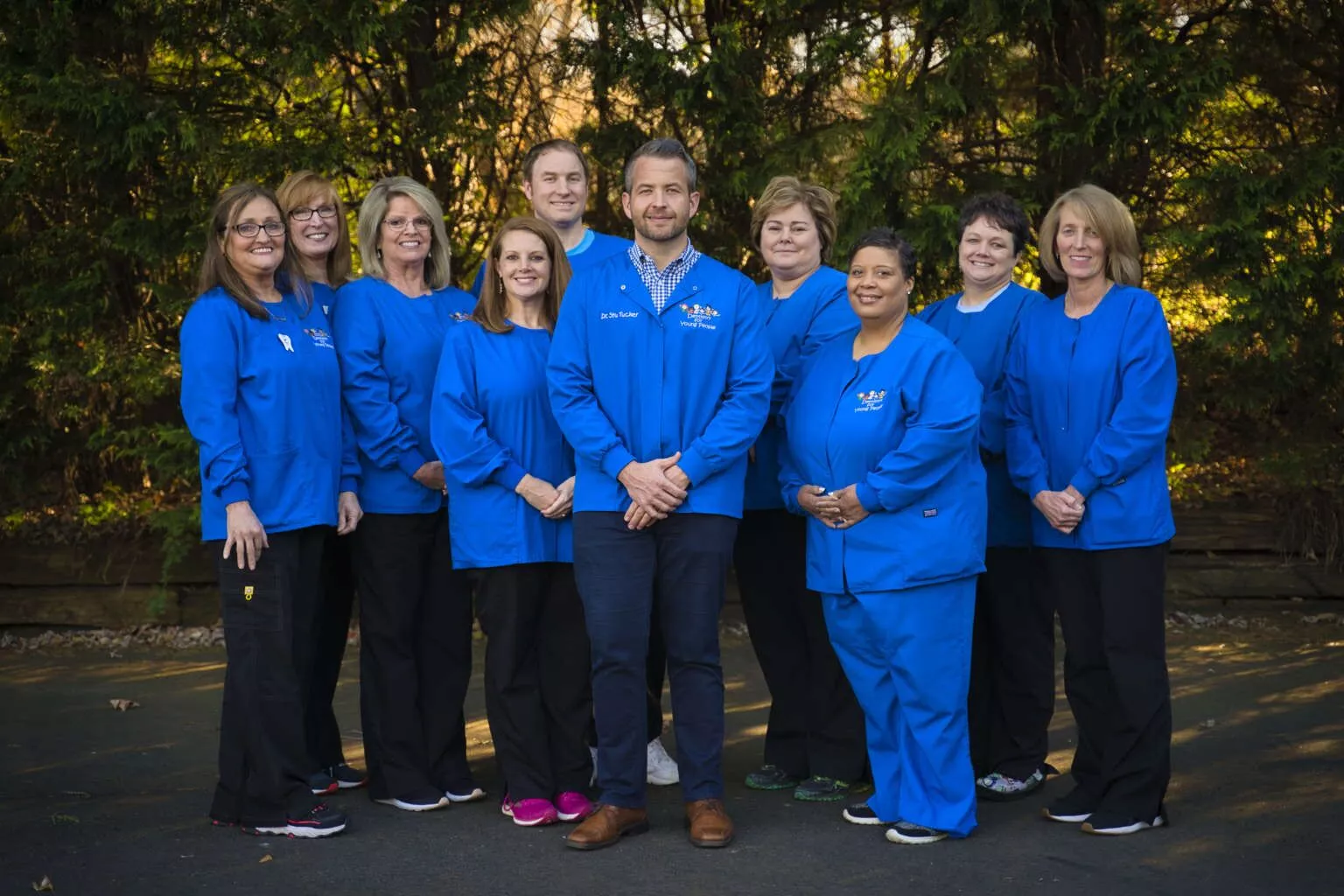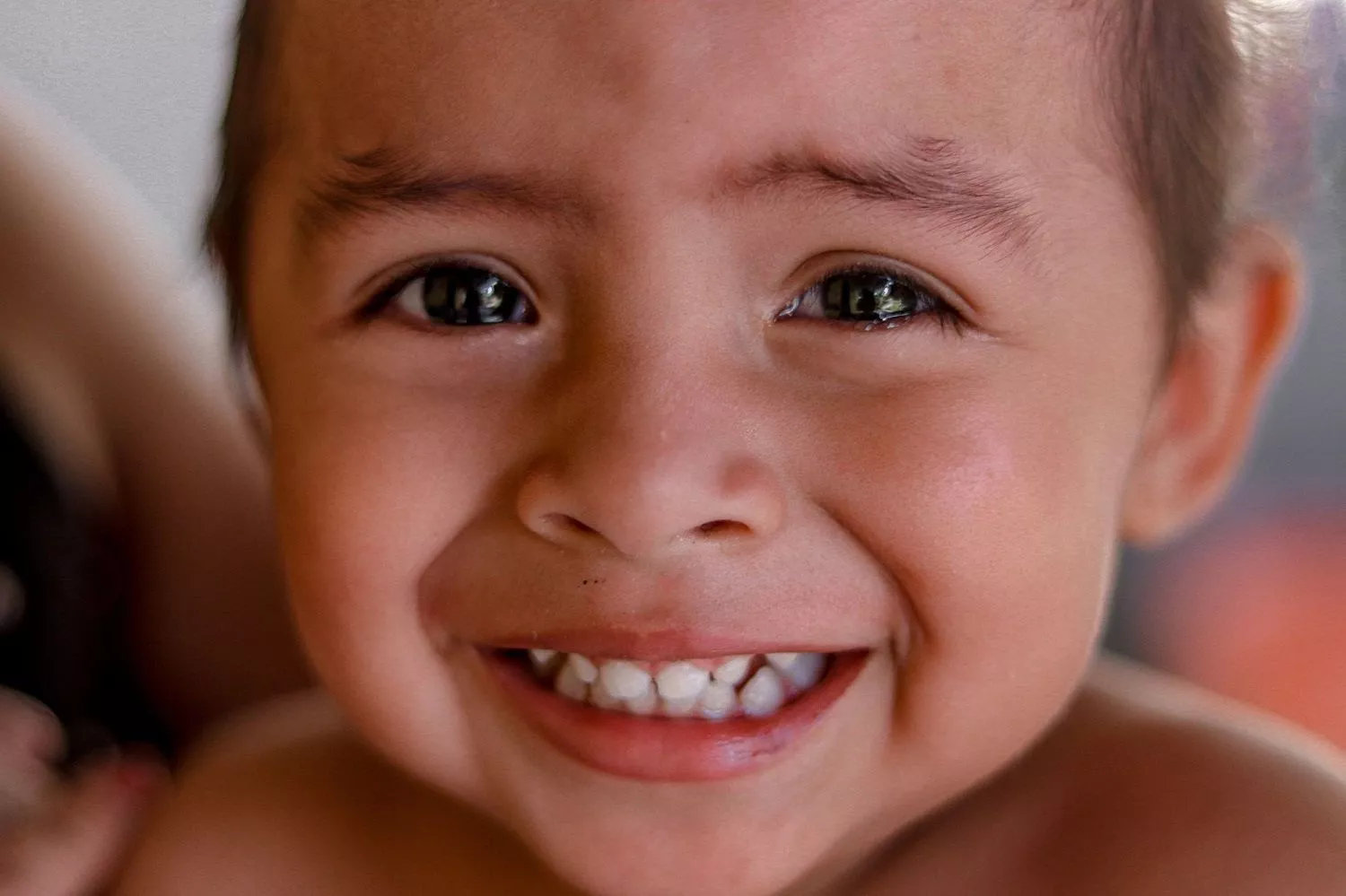One of the first milestones of your children is growing their first set of teeth. While the appearance of their first teeth marks the start of eating solid foods, it also comes with many questions and opportunities for their oral health.
In this post, we will discuss when your child should start going to the dentist and how you can protect their teeth as soon as they start growing.
Q: What is the right age for your kids to visit a dentist?
A: Your child should start visiting the dentist at the age of one or as soon as the first tooth appears. A child’s baby teeth are already in their jaw at birth. Their primary teeth will start growing during their 6th month to age one, and all of their baby teeth will fully erupt by the age of 3.
It is essential to bring your children to the dentist at an early age for the following opportunities:
- It helps parents learn ways on how to relieve sore gums due to growing baby teeth.
- Baby teeth are nature’s braces that help keep permanent teeth aligned when they grow up and prevent crooked or overcrowding teeth.
- Your pediatric dentist can detect any early onset of dental conditions.
- Your baby will also start to get used to the habit of visiting the dentist instead of fearing them.
- The dentist will also educate parents on managing habits like thumb-sucking and improper use of pacifiers.
Importance of keeping baby teeth in place
Your child’s baby teeth alignment will ensure the perfect arch of their permanent teeth in the coming years. When a baby tooth falls out, it will leave a space in the gums for the permanent tooth.
However, when a baby tooth falls out early, the permanent tooth can move and occupy the slot of other permanent teeth. Thus, leaving their teeth with spacing problems, resulting in crooked teeth or overcrowding when they grow up.
The cost of early oral care and prevention in children
According to the CDC, dental cavities is one of the most common chronic diseases of childhood in the United States. The impact of poor oral health in children include::
- Kids from ages 5 to 11 miss more school days and receive lower grades due to symptoms of untreated cavities or early childhood cavities (ECC).
- The late introduction of oral care to children and developing dental cavities also leads them to have problems with appetite, speech, self-esteem, playing, and learning.
- Children become more susceptible to restorative dental treatment which costs more than preventive dental treatments.
- Poor oral health can lead to cavities and oral infection. If left untreated, the infection can lead to gum disease which increases a child’s risk of developing chronic diseases like heart disease.
According to a study from the American Academy of Pediatrics, children with early oral care get more successful preventive treatments than restorative ones. Thus, resulting in approximately 52% lower total dental costs as your children grow.
When you start to bring your child to the dentist as early as possible, you’re not only ensuring a childhood free from toothaches but it also keeps you away from expensive dental restorations and healthcare concerns in the future.
The difference between a pediatric dentist and a general dentist
A pediatric dentist receives an additional 2-3 years of training focused on the unique development of children and provides care for infants up to their adolescent stage. They are specialized in dealing with the different behaviors of children and their developmental difficulties. On the other hand, a general dentist is not specialized to treat children and may not have the specific child oral care that you can have with a pediatric dentist. How to keep your kids calm during dental appointments
In a child’s eyes, going to the dentist can be scary. With their playful imagination, seeing sharp objects beside the dental chair may incite fear and trigger tantrums.
However, with the help of your storytelling tricks and the power of habit, it’s possible to keep them calm during their dental appointments. You can:
- Teach them to treat that the dental practice is an extension of their home where they are cared for.
- Avoid giving too many details about their dental treatment to keep them from imagining scary stuff.
- You can mention everything but words such as pain, shot, blood, and hurt. This is the part where you can maximize your storytelling skills and keep the idea of dentist light in the eyes of your kids.
- Refrain from sharing your dental anxiety or bring them with you during your visit. Children can easily absorb your feelings, and the fear might get stuck with them when it’s their turn to go to the dentist.
How to choose the best pediatric dentist for your child
To ensure your child’s first trip to the dentist is less traumatic as possible, here’s what you need to look for in a pediatric dentist:
- Provides guidance to parents about their child’s cavity prevention
- Pediatric dentist and staff that knows the way to your child’s heart
- Kid-friendly facilities
- Special treatments for kids like teething treatments, nitrous oxide, and outpatient general anesthesia
Your child’s good oral health is something that they can bring with them until they get old. Start teaching them good oral habits with the best pediatric dentist in Statesville. Happy Teeth Pediatric Dentistry provides specialized oral care for infants up to their adolescence stage. Schedule an appointment now and let us help you take care of your child’s teeth.






